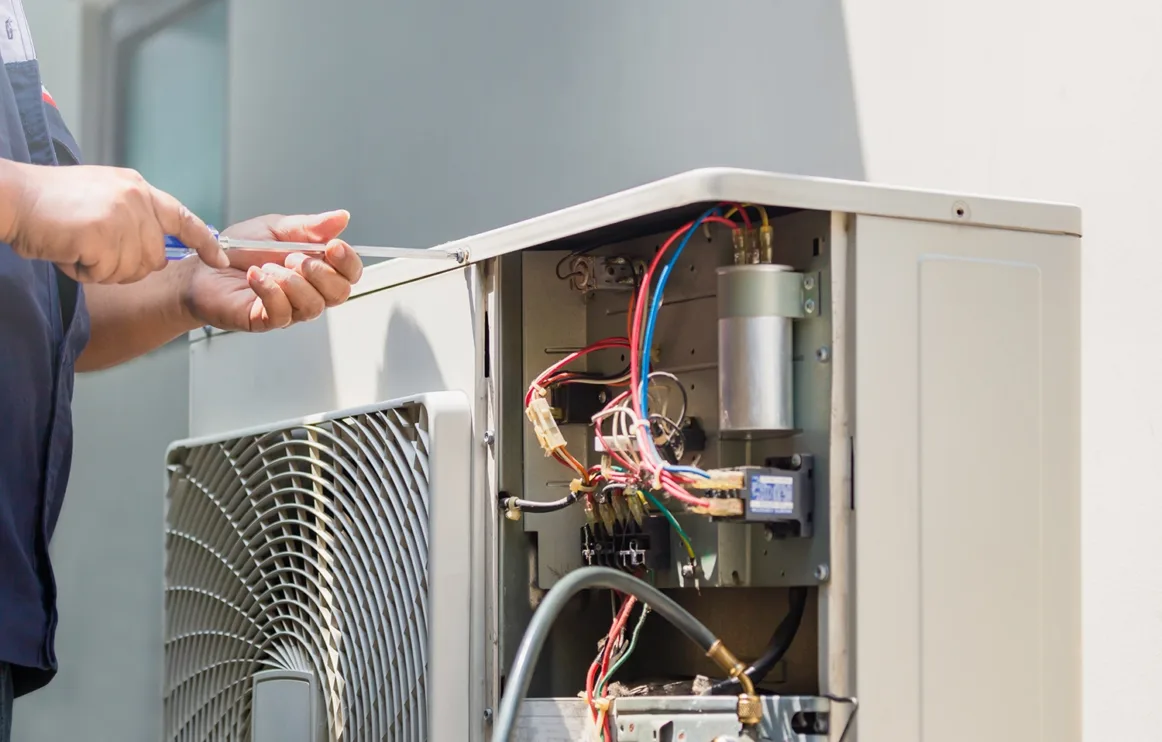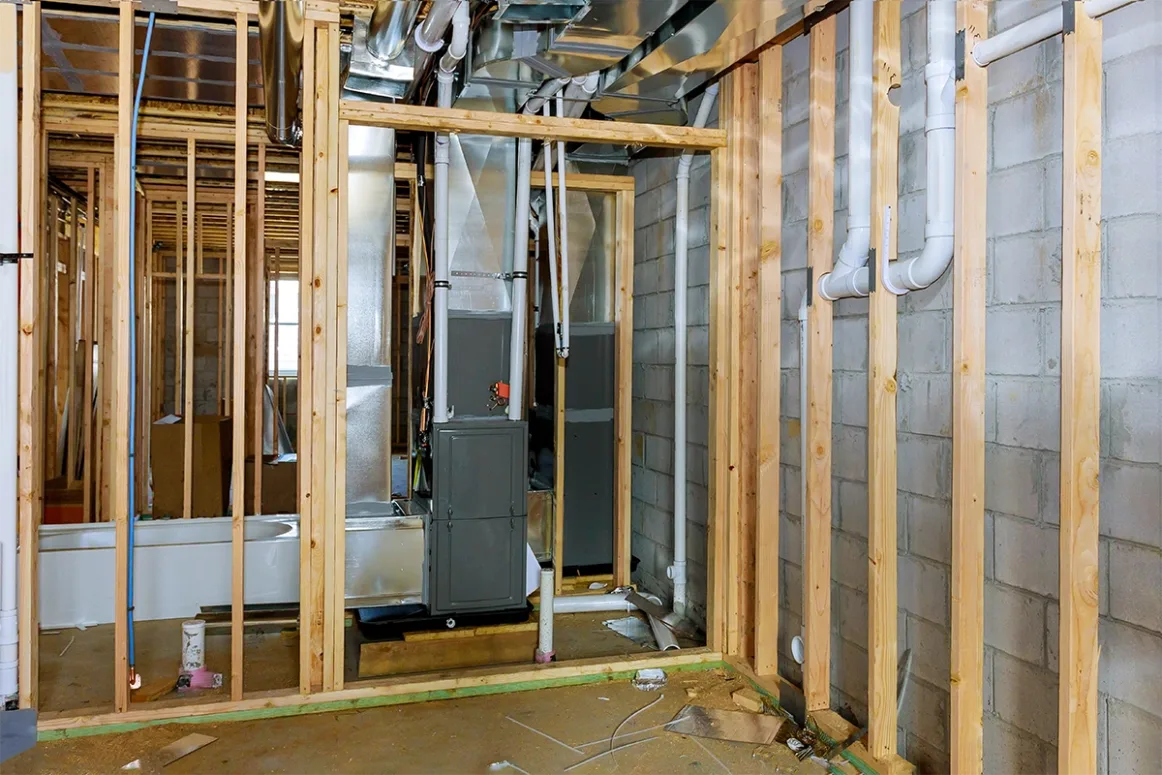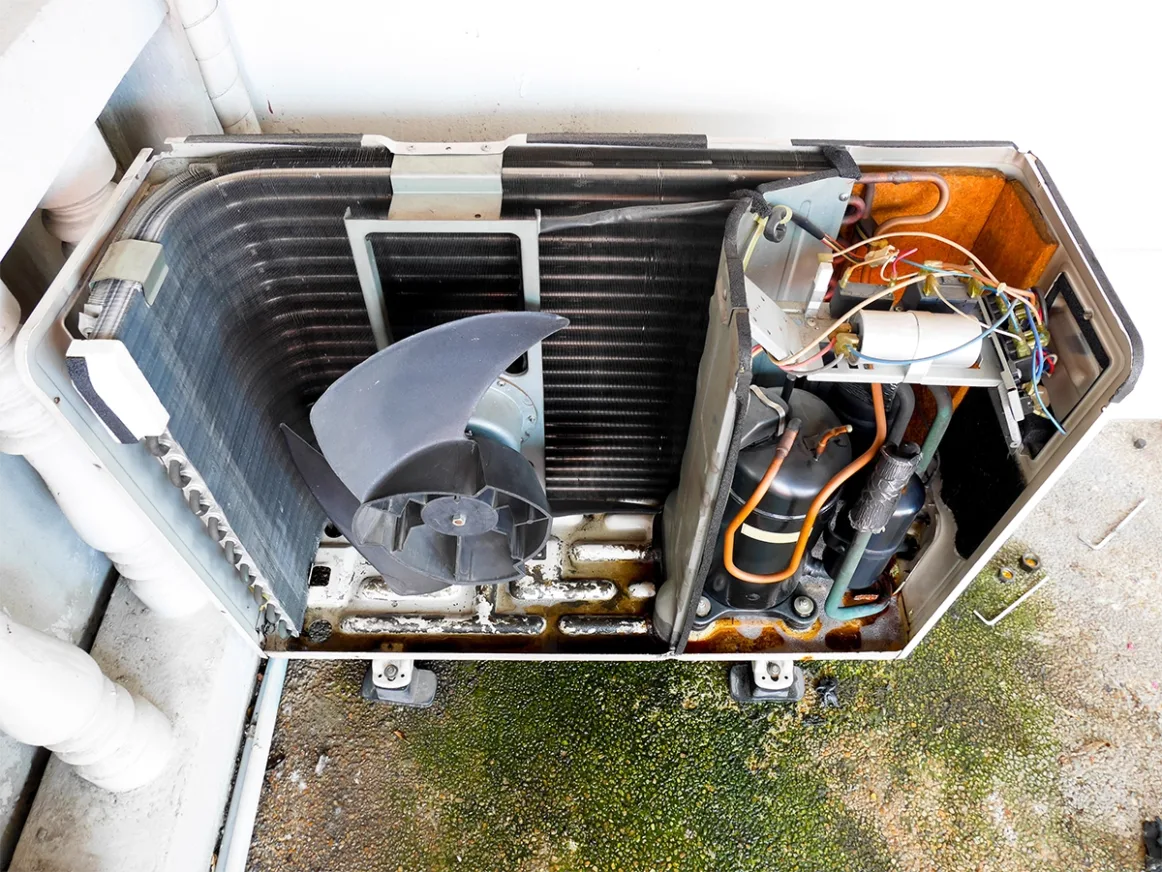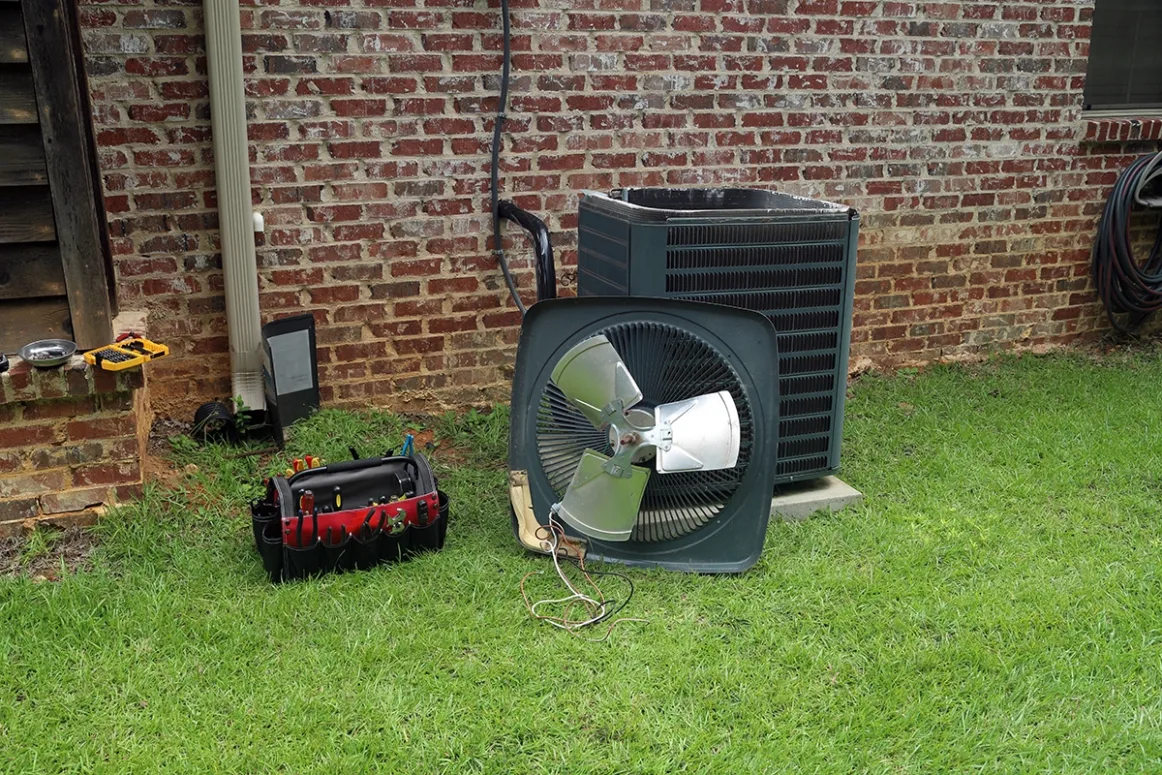
Furnace Ignitor Problems? Here’s What You Need to Know
Boy, there’s nothing worse than your furnace quitting on you during those bitter cold Canton winters. I can’t tell you how many times our team at Russell Heating and Air has gotten those panicked calls – you know the ones, where folks are bundled up in every blanket they own because their heat just stopped working. It happens more than you’d think here in Cherokee County, and I’ve got to say, nine times out of ten when we show up, it’s that pesky furnace ignitor causing all the trouble. After all these years of fixing furnaces around here, I can tell you one thing for sure – knowing the basics about your ignitor can save you from those miserable cold nights when your heat decides to take a vacation.
Ever wonder what actually happens when your furnace kicks on? Think of your ignitor as your furnace’s own little matchstick – it’s the unsung hero that gets the whole show started. Here in Canton, I mostly run into two main types when I’m out on service calls. The star of the show these days is what we call a hot surface ignitor. This little powerhouse is pretty incredible – it heats up hotter than your oven on full blast, around 1,800 degrees! Then there’s its cousin, the intermittent pilot ignitor. It’s more like a built-in lighter, making a spark to get your furnace fired up.
You know what makes me chuckle? Those old furnaces with their never-ending pilot lights. Imagine keeping a tiny flame burning in your basement all year round – even in the middle of July! I remember my grandpa checking his with a match and cursing under his breath when it went out. Thank goodness those days are behind us.
These days, we’ve got furnaces that are way smarter about how they fire up. No more burning gas 24/7 – they spark to life only when you need the heat. It’s like upgrading from a gas-guzzler to a hybrid! But just between us? Even these clever systems need someone keeping an eye on them. Take it from someone who’s gotten those midnight emergency calls – a little bit of maintenance goes a long way. Trust me, you don’t want to find out your ignitor’s on the fritz when it’s cold enough to see your breath inside your house!
Common Signs of Furnace Ignitor Problems
Our extensive experience serving Canton homes has revealed several clear warning signs of furnace ignitor issues. Many homeowners throughout Cherokee County first notice problems when their furnace makes clicking sounds without producing heat. However, there are numerous other indicators to watch for:
- Multiple start attempts before your furnace begins heating are often the first sign of a deteriorating ignitor. You might hear several clicking sounds before the system finally starts, or it may fail to start altogether. This is particularly noticeable during the first cold snap of the season when your system is working harder.
- Unexplained increases in your monthly energy bills, often 20-30% higher than normal, can indicate that your ignitor is requiring multiple attempts to start, consuming more energy than necessary. Track your energy usage patterns to identify unusual spikes that might signal ignitor problems.
- Significant delays between thermostat adjustment and heating response often indicate that your ignitor is struggling to perform its function. A properly working system should begin heating within a minute or two of the thermostat calling for heat.
Main Causes of Furnace Ignitor Failure
Through our extensive service experience in Canton and surrounding areas, we’ve identified several common causes of furnace ignitor problems that require attention:
- Natural wear and tear from regular use typically occurs after 3-7 years, depending on usage patterns and maintenance history. The extreme temperatures that hot surface ignitors must reach can gradually degrade the component’s integrity.
- Power fluctuations during Georgia’s severe weather events can damage sensitive ignitor components. These fluctuations may not immediately cause failure but can contribute to premature wear. Installing surge protection devices can help mitigate this risk.
- Improper initial installation by unlicensed contractors often leads to premature failure. This might include incorrect wiring connections, improper voltage settings, or misaligned components that stress the ignitor unnecessarily.
Professional Troubleshooting Solutions
Safety comes first when dealing with furnace issues. Before calling for service, we recommend following these diagnostic steps:
- Monitor your furnace’s startup sequence for consistent patterns. A properly functioning system should follow the same sequence every time: inducer motor startup, ignitor activation, gas valve opening, and blower motor engagement.
- Listen for unusual sounds during operation, particularly clicking or buzzing noises that might indicate electrical issues with the ignitor. Normal operation should be relatively quiet, with only the sound of moving air being noticeable.
Essential Maintenance Guidelines
Proactive maintenance can significantly extend your ignitor’s lifespan. Our comprehensive maintenance approach includes detailed daily, monthly, and seasonal tasks designed to protect your investment.
Daily Practices
Keep the area around your furnace clean and unobstructed to ensure proper airflow and prevent dust accumulation. This simple step can significantly reduce the strain on your system and protect sensitive components like the ignitor.
Monthly Tasks
Replace air filters more frequently during high pollen seasons to prevent system strain. Georgia’s diverse flora can create significant air quality challenges, making regular filter replacement crucial for system health.
Seasonal Maintenance
Schedule professional inspections before peak seasons to ensure your system is ready for heavy use. These inspections should include comprehensive testing of all safety systems and careful examination of the ignitor assembly.
Prevention Strategies
At Russell Heating and Air, we recommend implementing these preventive measures to protect your furnace ignitor and extend its service life:
- Regular system maintenance is crucial. Schedule annual pre-winter inspections to catch potential problems before they lead to system failure.
- Install surge protection devices specifically designed for HVAC equipment. This investment can protect not just your ignitor but all electronic components in your system from power fluctuations common during Georgia storms.
- Keep detailed maintenance records to track system performance and identify patterns that might indicate developing problems. This information can be invaluable for diagnosing issues and planning preventive maintenance.
Professional Service Advantages
Choosing professional service for your furnace ignitor issues offers several important benefits that can save you time and money in the long run:
- Expert diagnostic capabilities ensure that problems are correctly identified the first time, preventing unnecessary parts replacement and reducing overall repair costs.
- Access to quality replacement parts through authorized distributors ensures that your system receives components designed specifically for your furnace model.
- Professional documentation of all service work helps track your system’s maintenance history and identify potential patterns or recurring issues.
Don’t let furnace ignitor problems leave you in the cold. Our experienced team is ready to restore comfort to your Canton home. We understand that heating issues can be stressful, which is why we prioritize quick response times and effective solutions.
Contact Russell Heating and Air today at (678) 324.8210 for professional furnace service or maintenance.





